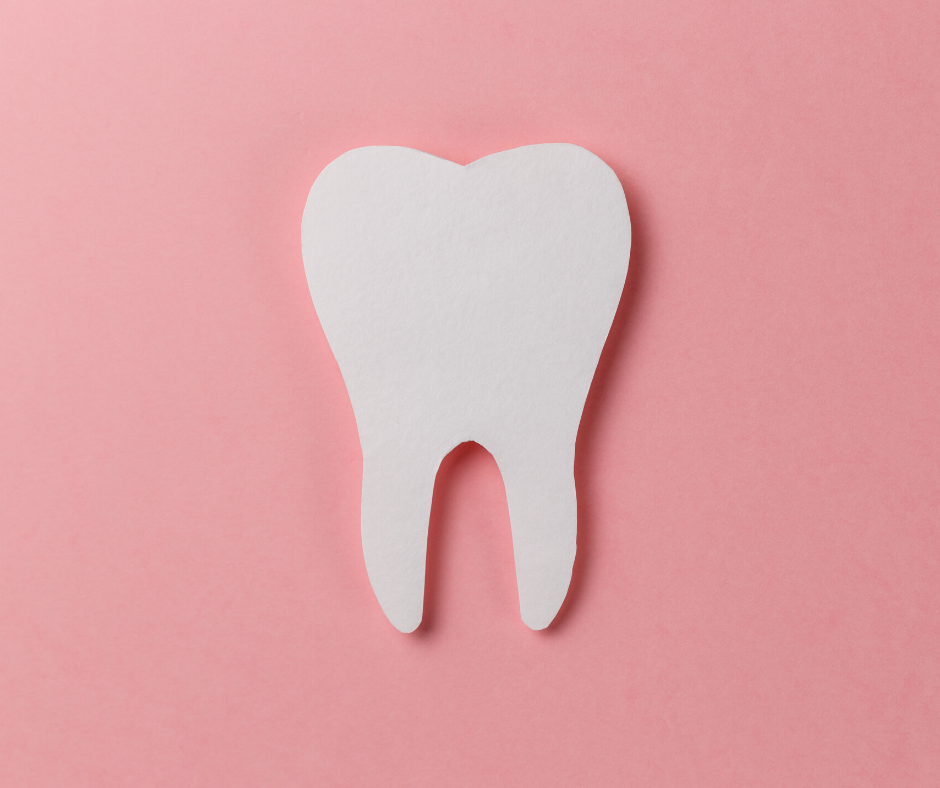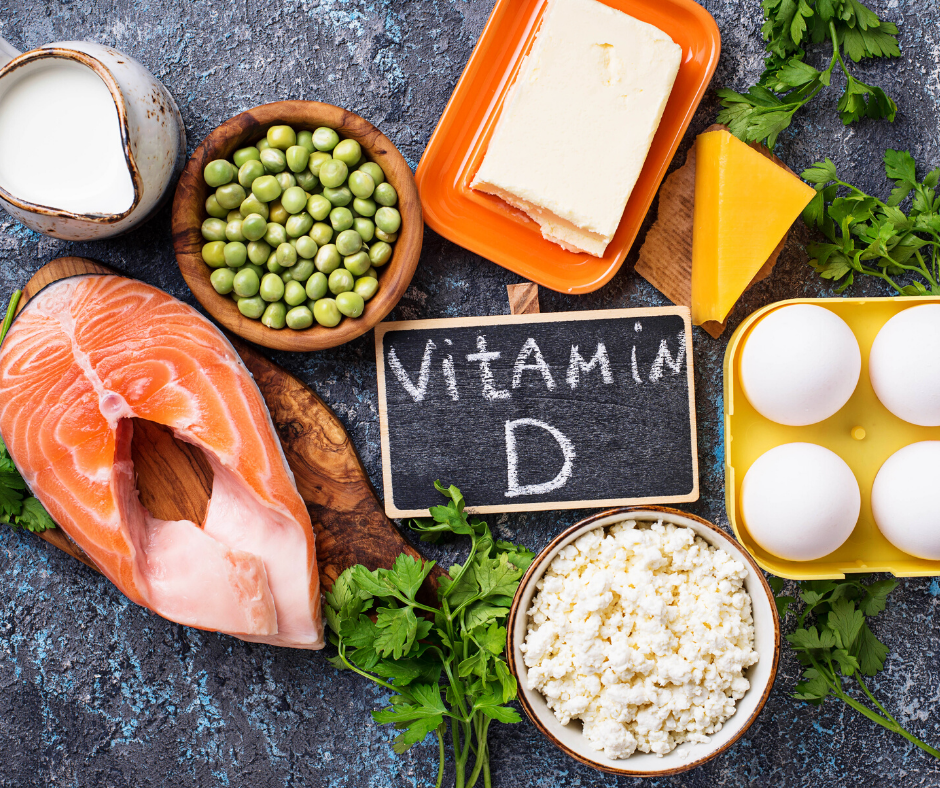
In 2012, approximately 91% of U.S. adults aged 20-64 had dental caries in permanent teeth.1 The number of children needing braces has quadrupled since the 1960’s 2, and it’s now considered a rite of passage to have wisdom teeth pulled. Why are we seeing so much dental decay and overcrowding? Is this something we merely inherit from our parents? What if there’s more to the story that simply our genetics? To find some answers, let’s first take a journey in time.
TEETH: WINDOWS INTO OUR HEALTH
One of the first pioneers in the search for the cause of dental day was an American dentist, Dr. Weston Price. In the early 1930’s, he was intrigued to learn about the causes of dental decay and physical degeneration that he observed in his dental practice. He had heard about ingenious cultures and their pristine dental health, which peaked his interest enough to embark on a multi-year project, in search of how the foods we eat are connected to our dental health and how the health of our mouths are connected to the health of our bodies.
So he embarked on a quest. He traveled across the globe, from Africa to the Arctic to study isolated societies, collecting data and photos. Dr. Price found that, despite not even owning a toothbrush, people of isolated cultures that were still consuming their native diet had little to no incidence of decay. Additionally he found that they had straight teeth, wide dental arches, no overcrowding, and resistance to disease. However, when individuals from these cultures were exposed to more processed foods from more civilized cultures (referred to as “foods of commerce” by Dr. Price), incidence of tooth decay rose.

Dr. Price’s findings led him to believe that “dental caries and deformed dental arches resulting in crowded, crooked teeth and unattractive appearance were merely a sign of physical degeneration, resulting from what he had suspected-nutritional deficiencies.”3 When he analyzed the diets of these various cultures, he found that they provided 4 to 10 times the amount of nutrients than those found in the Western diet at the time. While each of these cultures had different diets, Dr. Price did find some similarities between them that he attributed to the strong teeth, jaws, and overall health.
CAN OUR DIET PREVENT TOOTH DECAY?
It’s been long understood that our diet plays a huge factor in our dental health. While limiting sugar is important for overall health as well our dental health, including certain foods to our diet help create strong and healthy teeth, decreasing our risk for cavities.
Ask anyone on the street what it takes to have healthy teeth and you’ll likely hear a regurgitation of what we’ve all been told since childhood – brush and floss twice a day and schedule regular dental checkups. It’s considered the trifecta to having healthy teeth, right? But then there are certain individuals who find that they are more susceptible to dental decay despite practicing the utmost dental hygiene. Not to mention, tooth decay is one of the most common chronic diseases in America.1 So what gives?
A PEEK INSIDE THE MOUTH
Simply by looking into the mouth, dentists are able to gain insight into the overall health of their patients. Many diseases including autoimmune disease, diabetes, celiac disease, and osteoporosis can actually be first noticed in the mouth based on the condition of our gums and teeth.2 Knowing this, it makes sense that our diet has an impact on our dental health, just as much as our dental hygiene.
Our teeth are made of 96% minerals, which is actually a higher percentage than elsewhere in the body.3 Teeth are made from living cells that are constantly building, repairing, and protecting themselves. In order to take care of our teeth, we need to take care of our teeth from the inside, not just the outside. Much of the attention surrounding diet and dental health revolves around what to avoid (such as sugar and soda). However, it’s less commonly discussed which foods can build strong teeth and ward off decay. Let’s review some of the top nutrients that support oral health.
NUTRIENTS TO STRENGTHEN TEETH

Calcium – Our enamel is made primarily of calcium and phosphorus. The bacteria on our teeth help to regulate the transfer of minerals between our saliva and tooth enamel.4 Calcium can be tricky because in order to get calcium where it’s needed (in the bones and teeth), we need to have the essential cofactors or else it can end up in the wrong places. It’s best to consume calcium from whole food forms including dairy, dark leafy greens, almonds, whole fish, and soups and broths cooked with meat on the bone.
Vitamin A – Vitamin A helps to build enamel, keep gums healthy, and aid in the healing process.5 Best sources include pastured eggs, liver, cod liver oil, shrimp, and sweet potato.
Vitamin D – Vitamin D helps build the mineral density by depositing calcium into the bone and teeth.6 Best source of vitamin D is through sunshine! Try the Dminder app to track the best times to get outdoors. Vitamin D can also be found in fatty fish, organic butter, pastured lard, cod liver oil, and pasture-raised eggs.
Vitamin K2 – Vitamin K2 is another cofactor that assists in getting calcium into the bone and teeth, slows rate of tooth loss as we age, and reduces harmful bacteria in the mouth.7 Best sources include fermented foods (find sources listed below), organ meats, pastured eggs, and organic butter.

Vitamin C – VItamin C is involved in the production of collagen, which is a major protein found in our skin, joints, bone, and connective tissues, so it supports strong gums and soft tissues of the mouth.8 Sources include citrus fruits, papaya, bell peppers, broccoli, brussel sprouts, and cantaloupe.
Probiotics – One major factor in the development of tooth and gum disease is an imbalance in the oral microbiota.9 Clinical trials shows that oral probiotics may reduce indicators of plaque buildup, gingivitis, bleeding gums, and reduce inflammation in the oral cavity.10,11 Including prebiotics, foods that feed the good bacteria, along with probiotics will help to make sure you inoculate your mouth with healthy microbes. Consume plenty of fiber from plants, beans, and legumes. Great sources of probiotics can be found in yogurts, kefir, kombucha, and fermented vegetables such as kimchi, pickles, sauerkraut.
FOODS TO AVOID
Foods that rob the body from minerals will rob our teeth. The more these nutrient-poor foods are in our diet, the less space for the nutrient-dense foods to fill our plates.
- Soda and juice
- Sugar, artificial sweeteners, high fructose corn syrup
- Hydrogenated vegetable oils (canola, corn, safflower, soybean oils)
- Highly processed packaged foods including white flour, iodized refined salt
TAKEAWAY
When it comes to eating for healthy teeth, it’s not enough just to simply avoid certain foods. It has more to do with the foods we need to include in our diet. We are more susceptible to weakened enamel and decay when our diet is lacking the proper nutrients for dental formation.12 Eat well, brush, and floss for dental health!
Be the first to comment